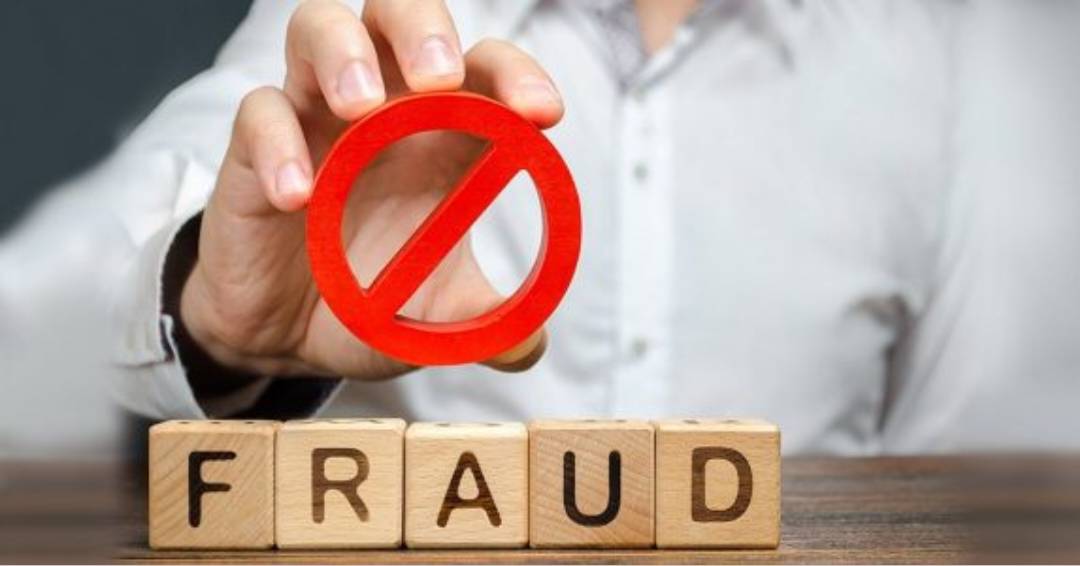
Investigation into Fake Certificate Racket Exposes Online Forgery Networks
A probe into the case involving former SFI leader Nikhil Thomas has unveiled online rackets involved in producing counterfeit certificates from popular Indian and foreign universities. These fraudulent operations, discovered during the investigation, reveal numerous websites dedicated to issuing forged documents within a remarkably short span of 5-10 days.
While honest students invest years of effort to obtain genuine certificates, these online rackets are facilitating the creation of graduates and post-graduates in just a few days, albeit for a hefty sum of Rs 50,000 per certificate.
These illicit networks are challenging the integrity of higher education systems by generating fake certificates from prominent universities like Anna, Bangalore, Osmania, and even Kannur. A quick internet search reveals the thriving existence of such networks, with fees ranging from US Dollar 600 (around Indian Rs 50,000) to Euro 300 (Rs 27,000) for counterfeit degrees.
Remarkably, these websites boast glowing reviews, attesting to their excellent services and the near-identical resemblance of the forged certificates to the originals issued by respective universities. Closer examination of the fake certificates reveals meticulous reproduction of the vice-chancellor’s signature, printing patterns, and paper quality.
One reviewer, Lakshman Rai, explains that he resorted to ordering a fake certificate due to the loss of his original. Surprisingly, the quality of the fake certificate exceeded his expectations, surpassing that of the original document. Countless similar reviews on these websites indicate the widespread use of these fake degrees for various purposes.
Curiously, in the Q&A sections of these websites, concerns are raised about the risk of detection during certificate verification. The websites dismiss such worries, claiming that certificate verification processes in IT firms and small-scale companies are often mere farces. However, they caution against attempting to secure government employment with these forged certificates.
Operating under names like Realistic Diplomas, Diploma Company, Phoney Diploma, and Diploma Makers, these fraudsters conduct their activities discreetly. Upon visiting their websites, applicants are prompted to select the desired country for the certificate. Options include the US, Canada, Australia, various European countries, the Gulf countries, and India.
When India is chosen, the first certificate models displayed are from universities such as Kannur, Bangalore, Anna, and Osmania. Applicants are given the opportunity to suggest the desired marks to be shown on the certificate. Following this, they must submit their personal details and make the payment. The fraudsters play it safe by avoiding direct contact with the applicants, conducting all communication online, and delivering certificates through courier services to the provided address.

Post Your Comments